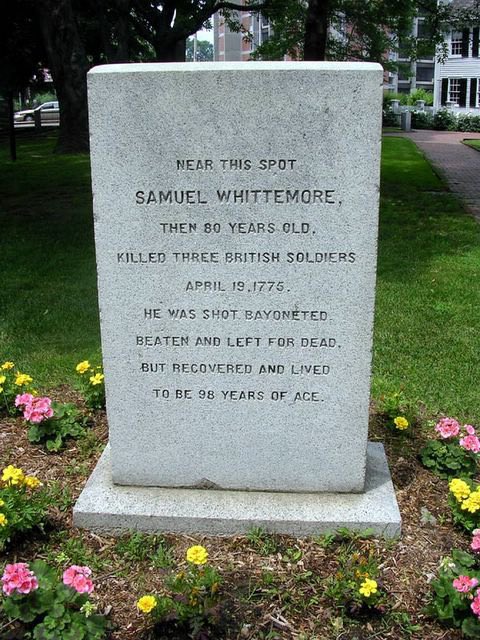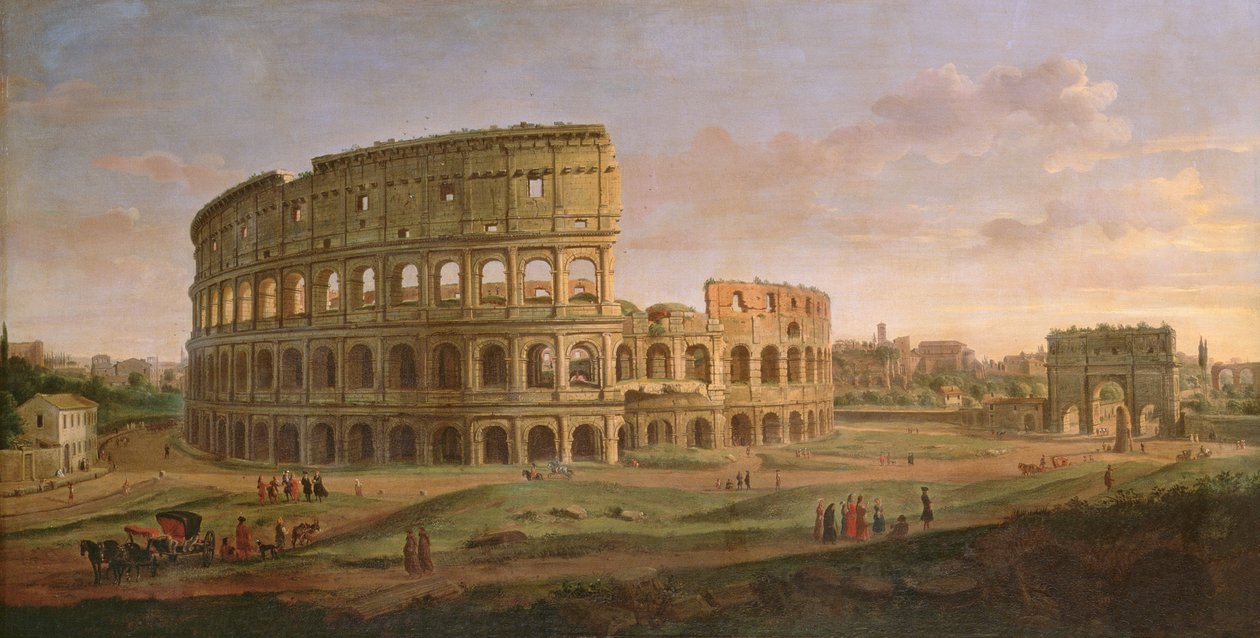Another in a series of occasional posts on my reading.
We'll start with two books by recent speakers at the Scottsdale Civil War Roundtable.
When Hell Came to Sharpsburg: The Battle of Antietam and Its Impact on the Civilians Who Called It Home by Steven Cowie
There are plenty of books about the military aspects of Civil War battles but few about what happened to civilians caught in those violent clashes. Steven Cowie spent, when he wasn't working his day job, 18 years researching and writing about the people in and around Sharpsburg, Maryland, the site, in September 1862, of Antietam, the bloodiest day in American history. For the civilians it was not just about the day of battle, terrible as it was, but about the six weeks following when the Army of the Potomac was based in, and around, the town. Most homes that weren't destroyed were converted into hospitals to care for more than 10,000 wounded soldiers and home and farms were looted, crops and stock confiscated, even the fence posts that separated pastures and properties were taken. Disease outbreaks took dozens of lives and then it took decades to get any compensation for the destruction (the last case wasn't resolved until 1915 and many received nothing). Incredibly well-researched and documented, it also provides much insight into mid-19th century farming.
A Worse Place Than Hell: How the Civil War Battle of Fredericksburg Changed a Nation by John Matteson
If you come to this book expecting a detailed study of Fredericksburg and how it changed the nation you won't find it. Instead, despite a title probably insisted upon by the publisher to boost sales, A Worse Place Than Hell is a finely written, engaging, and touching study of five Civil War figures (only two of them soldiers) and how their lives intersected at Fredericksburg in December 1862. Four of the subjects are from the North - Oliver Wendell Holmes Jr, Louisa May Alcott, Walt Whitman, Arthur Fuller, and one Southerner, John Pelham. Alcott and Whitman both started their nursing duties in the wake of the battle and Matteson writes of how that experience shaped their lives and writing. Holmes was a soldier, wounded annually; shot in the chest at Ball's Bluff in 1861, in the neck at Antietam the following year, and in the foot at Chancellorsville in '63. He was at Fredericksburg but saw no action because of debilitating illness. Fuller is the figure readers are most likely to be unfamiliar with. A Massachusetts clergyman, chaplain to a regiment from the state, and meeting a tragic end in the streets of Fredericksburg. Pelham was the young and charismatic commander of Jeb Stuart's mobile artillery unit. A courageous, gallant, and innovative leader he played a key role at Bull Run, Antietam, and Fredericksburg before dying in a skirmish in March 1863. Despite some errors on the military history side, this book is highly recommended.
I Can't Tell a Lie by James Bish.
"Father, I can't tell a lie. I chopped down the cherry tree". Supposedly said by young George Washington to his father as related by Parson Weems in his early 19th century book. Since Weems was an itinerant preacher and huckster who just made stuff up, the story is obviously nonsense and has been regarded as such by historians since the late 19th century. But is it really nonsense?
Jim Bish is a historian, an expert genealogical researcher, and has lived in Virginia for many years (he's also a friend). I Can't Tell a Lie makes the argument that it is very possible that the tale related by Weems is true. The story is in two parts. The first is a careful examination of what Weems wrote versus what we all think he wrote, because what he really wrote is key to the case that what he wrote might be true. The second is the genealogical and historical research about the linkages between the families living on the narrow neck of land between the Potomac and Rappahannock Rivers in the 18th century. While Parson Weems may have been itinerant, he was also connected to the Washington family. I came away convinced that it is very possibly a true story. For a detailed analysis of the historiography on the Weems story you can also read this article by Bish and a co-author.
De Gaulle by Julian Jackson
One of the great figures of 20th century Europe. He drove Churchill and FDR crazy during WW2 but he ended up getting his way. A remarkable man and Jackson shows us how great, how frustrating, how inspired, and how wrong he could be at times. His political resurrection in 1958 in the midst of the Algerian crisis was something I knew little about and Jackson tells it well. De Gaulle was a very undemonstrative and private man but I learned that when he and his wife had a daughter with severe down's syndrome (she never learned to speak) they insisted upon raising her with the rest of the family when the common practice at that time was to institutionalize. De Gaulle doted on her, often singing songs and spending hours with her at his home, expressing his emotions in a way that the public never saw.
Commanches: The History of a People by TR Fehrenbach
Learn about the origins of the tribe in Wyoming, their move to the Plains, the century and a half domination of the Southern Plains, subduing other tribes, and holding off the Spanish, Mexicans, and Americans until the 1870s. The greatest Indian horsemen, Fehrenbach's book describes in detail the culture and lifestyle of the Commanche with a sense of both understanding and sympathy and of the inevitability of their ultimate fall. I was a bit puzzled that Fehrenbach spends so much time in the last part of the book on the history of the Texas Rangers and the frontier strategies that finally conquered the tribe and also saw some commentary and reviews mentioning the same thing. It was only when I realized that the original title was Commanches: The Destruction of a People, that I understood why that material was included.
The Year That Broke Politics by Luke Nichter
This book was a revelation. It's about the 1968 presidential election. Well-documented, it overturns several myths about that campaign. Most startling to me was the extent of communication, including meetings, between Richard Nixon and LBJ, and the president's preference that Nixon win the election. LBJ was concerned about his legacy, both on civil rights and Vietnam, and did not trust Hubert Humphrey on the latter. Nixon reassured LBJ about his support for civil rights and led LBJ to believe he was more in touch with his views on Vietnam than Humphrey. Lots of other interesting material make this book worth reading.
The Savage Storm by James Holland
I've already written about this book about the war in Italy from September through December 1943 in Incident at Bari. Looking forward to the next installment on the Anzio and Cassino campaigns due this fall.
To Hell And Back by Audie Murphy
As a kid I only knew about Audie Murphy because I saw him in some cheesy Western movies. Though I later learned he was the most decorated American soldier in WW2 and had written an autobiography, I ignored it thinking it probably wasn't very good. I changed my mind after listening to James Holland describe, on his We Have Ways Of Making You Talk podcast, how he initially thought Murphy's recounting of an incident in the Italian campaign was probably inaccurate, but upon walking the terrain realized it was 100% correct and went on to describe his book as one of the best of WW2 memoirs. Murphy used a ghostwriter so there are some literary touches, some dialogue invented, and the names of his fellow soldiers changed, but in preparation for the writing Murphy and the writer traveled to Sicily, Italy, France and Germany to revisit the battle sites and, from what I've been able to find out, is accurate. The book is written in the present tense. Murphy does not describe himself in heroic terms. Almost every one of his fellow soldiers is killed or wounded as he relates in detail what combat was like. When Audie describes his state of mind at the end of the war, you realize he had what today would be called PTSD. Reading up on his life after the war we learn that indeed he had difficulties, taking sedatives to help him sleep and sleeping with a gun under his pillow.
Charlie Hustle by Keith O'Brien
Just published biography of Pete Rose. The author interviewed many of those, including family members, who knew Rose. O'Brien even spent several days with Pete in 2021 until Rose cut him off. The book is about the rise and fall of the all-time baseball hit leader and the choices he made that led to his current pariah status. Well done.
Malintzin's Choices by Camilla Townsend
I became aware of this book while listening to the Rest Is History 8-part podcast on Cortez's conquest of Mexico. The podcast, with Tom Holland and Dominic Sandbrook is the best of all the history podcasts. Malintzin. It is about the young Indian woman, probably in her late teens, who had been taken from her tribe and given to the Aztecs, whom she hated. Upon encountering her and realizing she knew the Aztec language and was very quick to pick up Spanish, she became Cortez's trusted translator upon whom he relied in his negotiations with the Aztec (or Mexica, if you prefer). She also became Cortez's mistress and bore him a son, whom he recognized and made an heir. Townsend's book tells the story of the conquest and its aftermath from Malintzin's perspective, which makes for compelling reading about a world-changing event.


